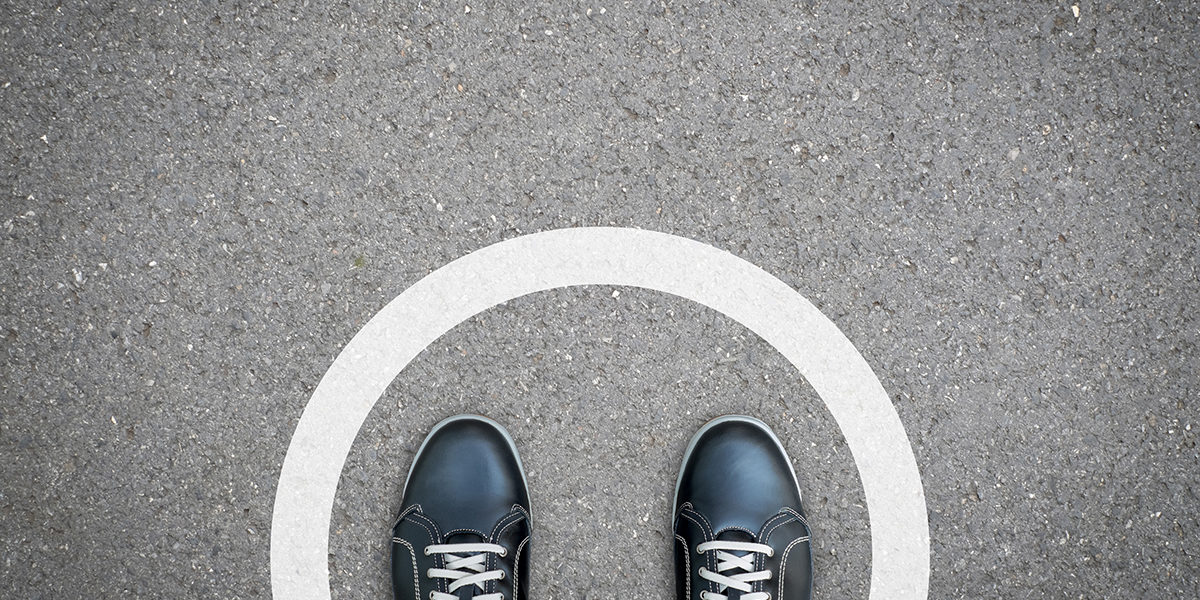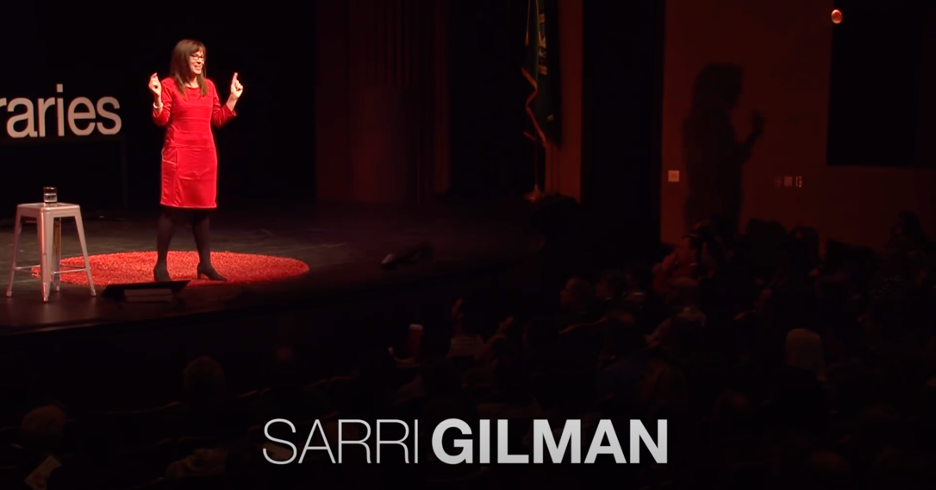A friend of mine recently posted on social media that he was looking for support. He had taken someone in who was struggling with addiction to drugs and alcohol, as well as untreated trauma from past physical abuse. This person was living with him temporarily, sleeping on his couch, and was “surviving on morphine, nicotine, and alcohol.” He reported that this person had not eaten anything in about ten days and would rarely take a sip of water.
My friend is a lot like me, in that he has pure intentions and likes to be helpful whenever possible. Also, like me, he can sometimes take on too much and not understand what he is getting himself into when he offers his support to someone who is struggling. We are cut from the same cloth, and both of us are wired for providing food, shelter, and care to those in need. It was only a few years ago that I began to learn that my behavior, although altruistic, was not necessarily helpful to the person who was struggling.
“Do not interrupt the natural flow of events and consequences. Instead of being helpful, we may be hurting our loved one.”
– Anonymous
I started going to Al-Anon to get a better understanding of addiction from a different perspective. I wanted to learn the ways in which my loved ones taught themselves to cope with my wildly erratic, selfish, and unpredictable behavior. The biggest lesson I learned is the concept of ‘loving-detachment.’ It allows us to have compassion for someone while separating ourselves mentally, spiritually, and emotionally from their behavior. Ultimately, we cannot stop someone from doing something if they choose to continue. Thus, it is important to reach out for help and support. One way to do so is by calling the Spokane Recovery Center at 844.962.2775.
When our emotions are involved, it becomes incredibly difficult to establish a healthy boundary. We want to help, and we will go to great lengths to ‘supervise’ someone’s behavior, telling ourselves that we are keeping them safe until they pull out of it. What is actually happening is commonly referred to as ‘co-dependent behavior,’ which is toxic and can be deadly. It is important to recognize when we are blurring the lines of our boundaries and to take a step back until we clearly understand our own feelings first.
Questions we must ask ourselves before we attempt to help a struggling addict include, but are not limited to:
-
-
- What is the nature of their situation?
- What problems could arise after I intervene?
- Am I equipped to handle those problems?
- Am I the best person to handle those problems?
- Does engaging with this person fit with my core values, or am I bending over backward to appease them?
-
In my friend’s situation, it appears he began asking these questions after he had committed to being the caretaker. Thankfully, my friend recognized his position and decided to ask for help. Life is a learning process. Occasionally, we may find ourselves in a difficult situation that we are not equipped to handle. We can mitigate this by doing personal work and by asking the professionals. For many of us, the goal is to be helpful. We can be of more use to others by understanding ourselves better, clearly defining our boundaries, and sticking to them.
Sarri Gilman is the author of “Transform Your Boundaries,” in addition to being a speaker, community leader, and family & marriage therapist. She founded Cocoon House, a teen shelter and housing program for homeless youth. One of her fundamental ideas is that boundaries can be described as a compass that has two directions: ‘yes’ and ‘no.’
Sarri Gilman – Good Boundaries Free you








